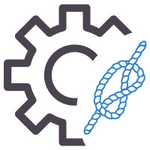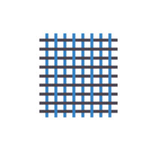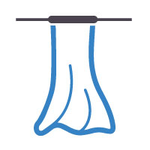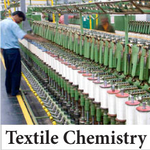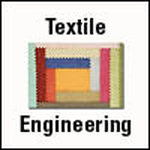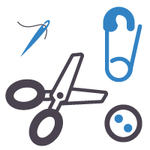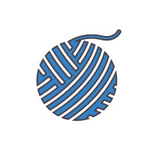
Fashion and Textiles Course Details - Fees, Subjects, Syllabus, Duration, Eligibility, Career Scope
Degrees offered: M.Sc., B.Sc., Diploma, B.A.(Hons), BS
What is Fashion and Textiles
Fashion and Textiles - We live in an evolving world. Trends are constantly changing, and they are becoming more and more functional. This is also true when we talk about the fashion and textiles industry. Fashion is not just about looking good anymore. It signifies as an extension of oneself. What people wear and how they present themselves says a lot more about you than mere words. This new trend has led to the development of new industries, and just as any new industry develops, it paves the way for a variety of career opportunities and new possibilities. Fashion and textiles have gained a whole new level of commercial importance, and many universities and institutions around the world have embraced this growing field. All the relevant details about Fashion and Textiles are presented below.
Eligibility Criteria (UG & PG) of Fashion and Textiles
For Undergraduate Courses:
● The primary eligibility criteria for pursuing an undergraduate course on fashion and textiles is to pass the class 12th examination from any of the recognized school education boards of India.
● The minimum qualifying aggregate is 50% or equivalent in the respective subjects.
● The scorecard of the accepted entrance exam with a minimum of cut-off marks is necessary if asked for by the institution.
For Postgraduate Courses:
● Aspirants should have completed their undergraduate degree from a recognized college/institute.
● Most colleges prefer candidates who have completed their undergraduate course in design to be considered for admission to a postgraduate course. Though, candidates will requisite knowledge, skills, and aptitude can also be considered for admission, based on the policy of the institution.
● The scorecard of the accepted entrance exam with a minimum of cut-off marks is necessary.
College Predictors VIEW ALL
Scope of Fashion and Textiles in India and Abroad
The Fashion Industry is very lucrative. Be it in our country or abroad, fashion has its own language. In a culturally diverse country such as ours, we can easily observe the new trends in communities. Textile industry too, on the other hand, is showing potential growth. New technology in weaving and yarning has led to the invention of exceptionally durable yet fashionable fabrics. Hence there are new challenges cropping up in the Fashion and Textiles industry. That is why there is an increasing demand for fashion and textiles designers. As per studies the fashion designing industry in India is expected to clock-in annual revenues of Rs. 1,000 crores, which will be a tremendous growth from the current level of Rs. 180 crores in a maximum period of 10 years. All of this is improving career opportunities for aspirants who are interested in making a career in the fashion and textile design industry.
Course Fees Fashion and Textiles
| Minimum Fees | Maximum Fees | |||
|---|---|---|---|---|
| Private | Government | Private | Government | |
| UG | ||||
| PG | ||||
| DOCTORAL | ||||
| DIPLOMA | ||||
Course Subjects
The Fashion and Textiles industry has various UG and PG Courses that focus on helping the aspirants gain expertise in the various aspects of Fashion and Textiles Design: The Curriculum and Syllabus are mentioned below for a few courses:
Bachelors in Textile Design:
- Visualization Representation
- Overview of Fashion
- Print Design
- CAD for Print
- Material Studies
- Marketing & Merchandising
- Dyeing
- Computer Application
- Field Study
- Digital Editing Tools and Techniques
- Elements of Design
- Geometry
- Fashion Studies
Bachelors in Design (Fashion Design):
- Basics of Computer Science Application
- Color Mixing
- Print Design
- Professional Management
- Textile Design and Applied Arts
- Applied Art on Textiles
- Design Principles and Elements
- Dyeing Embroidery
- Exhibition Design
- Textile Dyeing and Pattern Making
- Fine Arts- Drawing Sculpture and Painting
- Foundation Program in Design
- Graphic Software and Its Usage For Image Creation
3. Post Graduate Diploma in Fashion Design:
- Advanced Pattern Making and construction details
- Technical fashion sketching
- Surface embellishments and textiles
- World fashion history
- Fabrics types to drapes
- Creative surface design
- Communication technology for fashion design and merchandising
- Care for clothing and textiles
- Project dissertation
- Practical pattern design and construction
Masters' in Fashion Management:
- Fashion Finance and Economics
- Entrepreneurship training
- Visual merchandising
- Window display
- Fashion Business
- Fashion Designing
- Grading
- Pattern Making
- Quality Control
Masters' in Business Administration (Fashion Design):
- Economics and Management Decisions
- Quantitative Techniques
- Business Communication and Negotiation skills
- Organizational Behavior
- Marketing Management
- IT for Managers
- Indian Fashion Scenario
- Research methodology and App statistics
- Basic concepts of fashion products and manufacturing
- Human resource management
- Global fashion scenario
- Financial
- e-Business and e-Commerce
- International logistics management
- Principles of fashion marketing and merchandising
- International trade operation and documentation
- Competition and strategies in the fashion
- New product development
- Cross-Culture management
- Visual merchandising
- Entrepreneurship and fashion venture management
- International fashion marketing
Careers in Fashion and Textiles
The Fashion and Textiles industry has a lot of exciting opportunities. Aspirants can always find room for improvement and further options for newer careers. There is an ever-growing demand in this industry, and new innovations are bound to take place. Anyone with the right skill-set and knowledge can do a lot in this industry. There are good job-security and salary packages.
Upcoming trends
In India, the Fashion and Textiles industry is just getting started. There have been many elite fashion designers, and there are a lot more to come. The whole objective of the fashion and textiles industry is changing. Emphasis is being made on comfortable yet fashionable clothing. The fabrics used are now being promoted as durable and light. There is a whole new market for these things. It is suspected that this new increase in demand has paved the way for new and exciting career opportunities. Some of the upcoming trends in the Fashion Industry including
- Sustainable Fashion
- Thrifting
- Organic Materials
- Size-Inclusive Fashion
- Athleisure
- Digitization
Students also liked
Job Profiles and Top Recruiters
The Fashion and Textiles industry is not new. But there are newer job profiles and increasing opportunities. These jobs are not only design and innovation-related, but are also management related. So, aspirants have a lot of scope when it comes to choosing a right career option in this particular industry.
Some of the job profiles are as follows:
Sl. No | Job Profile | Description |
1. | Apparel Production Manager | As a production manager, one will have to oversee the production process, coordinating all production activities and operations |
2. | Fabric Quality Control Manager | Quality Control Manager manages the inspection and testing of materials, parts, and products to ensure adherence to established quality standards. Proposes corrective actions to improve compliance with quality specifications. |
3. | Fashion Coordinator | Fashion coordinators keep up with fashion trends to create a congruent feeling throughout a company, such as a department store or magazine. |
4. | Technical Designer
| The Technical designer will pair up with the graphic designer to make outfits more stylish and glamour |
5. |
| The graphic designer will deal with the technical aspects of the Fashion and designing sector. |
6. | Costume Designer | Costume Designer will cover up the design perspective of the product, and relatable activities pertain to humans and add a sense. |
7. | Fashion Show Organizer
| Fashion Show Organizer focuses on the organizing aspects of a fashion show
|
8. | Illustrator
| An illustrator is engaged in the job of offering excellent visual representation for different concepts and ideas as per the wishes of the designer. |
9. | Textile Mills Manager
| Production and management of fabrics in textile mills |
10. | Leather Goods Designer | Design and Production of Leather Goods and products. |
There are many companies and organizations that recruit candidates in the Fashion and Textiles Industry. Some of the top recruiters are as follows:
● Raymond Ltd.
● Raymond Apparel Ltd.
● Color Plus Fashions Ltd.
● Silver Spark Apparel Ltd.
● Ever Blue Apparel Ltd.
● Celebrations Apparel Ltd.
● Raymond Luxury Cottons Ltd.
● J.K. Helene Curtis Ltd.
● J.K. Investo Trade (India) Ltd.
● JK Files (India) Ltd.
● Ring Plus Aqua Ltd.
● Trinity India Ltd.
Average Salary
The Fashion Industry is a very high paid field due to the high demand that is constant throughout the year. Listed below are the average salaries of a few job descriptions in the field –
| Job Title | Annual Income (In Rs.) |
1. | Apparel Production Manager | Rs. 4,00,000 – Rs. 6,00,000 |
2. | Fabric Quality Control Manager | Rs. 4,00,000 – Rs. 6,00,000 |
3. | Fashion Coordinator | Rs. 3,00,000 – Rs. 10,00,000 |
4. | Graphic Designer | Rs. 4,00,000 – Rs. 8,00,000 |
5. | Illustrator | Rs. 3,00,000 – Rs. 6,00,000 |
**The salary figures mentioned anywhere in this article is just for reference purposes. Please treat them as such. Actual salaries may vary depending on respective candidates, employer, job location and numerous other factors.
Required Skillset for Fashion and Textiles
The fashion and textiles industry are fueled by creativity and innovation. Some of the key skill-sets required to make a successful career in Fashion and Textiles industry are as follows:
● Fashion Consciousness: This is a very obvious skill-set. If one is not fashion-conscious, it becomes really difficult to develop a career in the fashion industry.
●Imagination: Just like in any design field, having creative imagination is the key to success. It is what fuels the whole process.
● Creativity: This skill-set is self-explanatory. Creativity in this field is particularly important.
● Artistic taste: This industry requires one to bring out the inner artist. It is all about having that artistic taste.
● Skill in drawing and illustration: It is one thing to have an amazing idea, but it is another thing to put that on paper.
● Attention to Detail: It is those smaller, detailed elements that will take one higher in this field.
● Knowledge of Colors, Shades and Tones: This again is another self-explanatory skill-set. One has to know a lot about colours, shades and tones.
● Innovative approach: This skill-set is especially important. One has to have an innovative approach to every problem that may arise.
●Thinking Outside the Box: One has to think new and different. There has to be outside the box thinking.
● Great Communication Skills: It is particularly important to communicate the ideas effectively.
● Goal-oriented: Whatever one does, he/she should have a goal-oriented approach. One should know the objective and set goals to make it happen.
Course Curriculum for Fashion and Textiles
There have been a variety of courses and specializations that have encouraged creative individuals to take up exciting roles in this challenging industry. There are both undergraduate [UG] and postgraduate [PG] degrees for this field of specialization. At the undergraduate [UG] level, courses like Bachelor of Design, Bachelor of Fine Arts [BFA], Bachelor of Visual Arts [BVA], Bachelor of Science, Bachelor of Arts, Bachelor of Engineering and Bachelor of Technology amongst many others are very prominent. At the postgraduate [PG] level, courses like Master of Design, Master of Science, Master of Fine Arts [MFA], Master of Business Administration [MBA], Post Graduate Degree for Management [PGDM], Master of Fashion Management [MFM] and Master of Arts [MA] amongst many others are very prominent. There are also various Diploma and certificate courses available for a specialization in the Fashion and Textiles industry.
Popular Online Design Courses and Certifications
Popular Fashion and Textiles Entrance Exams in India
Frequently Asked Questions (FAQs)
Question: Which is a better career option between Fashion Designing or Textile Designing?
Answer :
While it is entirely up to the discretion of the individual, fashion designing certainly offers better career progression pathways as compared to textile designing. The simple fact being that textile designing is actually a part of fashion designing. The career pathways available for a textile designer are only limited to fabrics and garments while fashion designers can work in the area of footwear designing, accessory designing, jewellery designing and many more.
Question: Are there any other career options after doing Fashion and Textile Designing?
Answer :
- Fashion designer
- Fashion Stylist
- Retail Manager
- Fashion Blogger
- Textile designer
Question: How can one distinguish between a Textile Designer and a Fashion Designer?
Answer :
The role of a textile designer involves creating designs and patterns for various types of fabrics according to their respective structure. The duties of a textile designer include selection of yarns, yarn colours, and dyes for preparation of new fabric texture and finished appearance.
Whereas a fashion designer’s work is primarily focused around creation of new designs and patterns for clothing garments. Nowadays, the role of a fashion designer also extends to designing of footwear, jewellery, accessories etc. A fashion designer is involved right from the conceptualization stage till the preparation of the product.
Question: What are the key roles and responsibilities of a Fashion and Textile Designer?
Answer :
- Managing the design process from the conception to the final styling.
- Ascertain latest trends and techniques through research for new inspiration
- Ensuring product agrees with business strategy.
- Selecting fabrics and trims.
- Creating production sketches for development packages.
- Collaborating with team members and designers for new concept development.
- Reviewing product for style and fit during the presentation.
Question: What are the requirements and skills to be a Fashion Designer?
Answer :
The minimum requirements to be a Fashion Designer can be listed as follows –
- Candidate should have completed an undergraduate course in fashion design or fine arts or any other related field.
- Extensive experience of working in various profiles in the industry.
- Expertise in using latest designing software including Adobe Illustrator.
- Ready availability to travel extensively for new product development.
- Excellent drawing skills for preparing illustrations.
- Written and Oral communication skills
- Ability to work under the pressure of deadlines.
Questions related to Fashion and Textiles
If I want to stop my college while studying in 1st year .. will they give me my mark sheet?
Yes,they will give you your marksheet of first year.
You need to clear all dues and after that you can take your marksheet from college.
eg. If someone is doing BBA ,that course is of 3 years and there are total 6 semesters.
Now , first year student have to give 2 semesters exam.
And for each semester you get result.
But after dropping out from college , you are not eligible to say that you have done graduation,or you have got this degree.
Feel free to ask your queries in comment section.
Best wishes!
Can I Do Diploma in FASHION DESIGNING AFTER MY GRADUATION IN (ENGLISH HONOURS)
Hello,
Yes, you can opt for fashion designing as your program for future studies with a background in English literature but some colleges ask for a bachelor in fashion designing to allow the student to go for master in fashion designing. But there are handful of colleges where this criteria is not followed and hence you can easily apply in such colleges to pursue your dream field.
Here's the top colleges for Fashion designing course
1. JD Institute of Fashion Technology, Bangalore, fees- 100000 per annum
2. Pearl Academy, Delhi, fees- 433000 per annum
3. Asian academy of film and television, Noida, fees- 221000
4. Pearl Academy, Jaipur, fees- 399900 per annum approx
5. Netaji Subash open University- Kolkata, fees- 15000-16000 per annum
6- Mahatma Gandhi kashi Vidyapeeth- Varanasi, fees- 16000-17000 per annum
7. Satyam Fashion Institute, Noida, Fees- 149500 per annum
8. Global Institute of Fashion Technology- Kolkata, fees- 280000 per annum.
Its 2 years program and you can get a initial salary from 1.5 lacs to 2.5 lacs per annum after the completion of this course.
CAN SOMEONE GO FOR FASHION DESIGNING COURSE WITH B. A ENGLISH HONOURS GRADUATION BACKGROUND?
Hi,
Well yes you can opt for fashion and designing as your program for future studies with a background in English literature but some colleges ask for a bachelor in fashion and designing to allow the student to go for master in fashion designing. But there are handful of colleges where this criteria is not followed and hence you can easily apply in such colleges to pursue your dream field.
I hope this helps.
All the best.
I have done my GRADUATION (B.A ENGLISH HONS) CAN I GO FOR FASHION DESIGNING . WHAT STEPS SHOULD BE TAKEN AFTER GRADUATION FOR FASHION DESIGNING AS A CAREER.?
Hello,
Since you have done your graduation already, you can go for Post Graduation diploma in fashion designing. Here's some basic eligibility criteria to pursue this course
1. A candidate must have passed graduation from fashion designing coursee or its equivalent degree from a recognised University with minimum 50 percent marks.
2. Even if a candidate has completed a diploma course of three from any stream and a recognised University then he/she is also eligible for this course.
3. But the eligibility criteria might be different for every college or University. 50 percent is just a basic criteria.
Here's the top colleges for Fashion designing course
1. JD Institute of Fashion Technology, Banglore
Fees- 100000 per annum
2. Pearl Academy, Delhi, fees- 433000 per annum
3. Asian academy of film and television, Noida, fees- 221000
4. Pearl Academy, Jaipur, fees- 399900 per annum approx
5. Netaji Subash open University- Kolkata, fees- 15000-16000 per annum
6- Mahatma Gandhi kashi Vidyapeeth- Varanasi,
Fees- 16000-17000 per annum
7. Satyam Fashion Institute, Noida, Fees- 149500 per annum
8. Global Institute of Fashion Technology- Kolkata, fees- 280000 per annum.
Its 2 years program and you can get a initial salary from 1.5 lacs to 2.5 lacs per annum after the completion of this course.
Good Luck.
how can become a model as well as with desingner also??
Dear Vicky, there was a time when Models had to be beautiful/handsome/fair, etc. Now times have changed and curvy, dark and aged are also walking the ramp. So there is no set criteria to become a model. Yes, one should have a pleasing personality and a good physique because one would endorse products. There are Institutions that offer modelling classes and it depends solely on the city you re living in. And Fashion designing is an interrelated field but has got nothing to do with modelling. When you join any NIFT for a Fashion Designing course, you straight away don't design clothes for celebrities and models. That is not fashion designing, You learn the intrinscs of designing in various fields like textile, handloom, knitwear, etc. You learn these basics and put them to creative use and design clothes. And initially for you to start off, you will have to work as an intern under a designer who has established himself/herself. You learn the art and then slowly start on your own by increasing your network. For a Celebrity to wear your clothes, they should be out of the world or you should have a reputation.


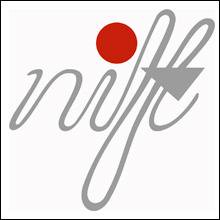
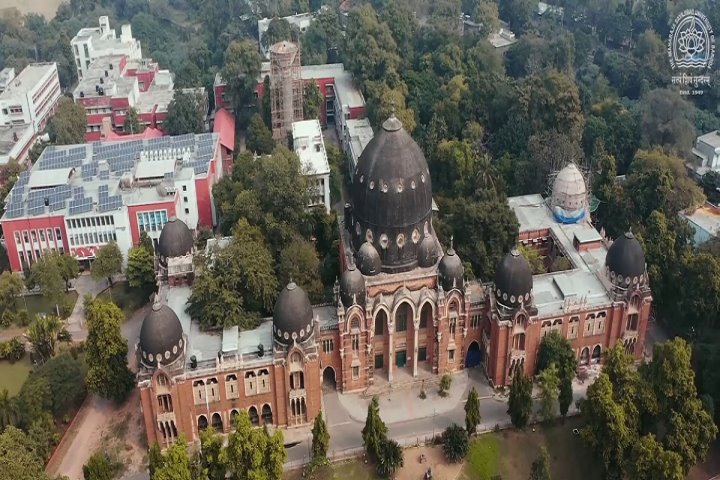
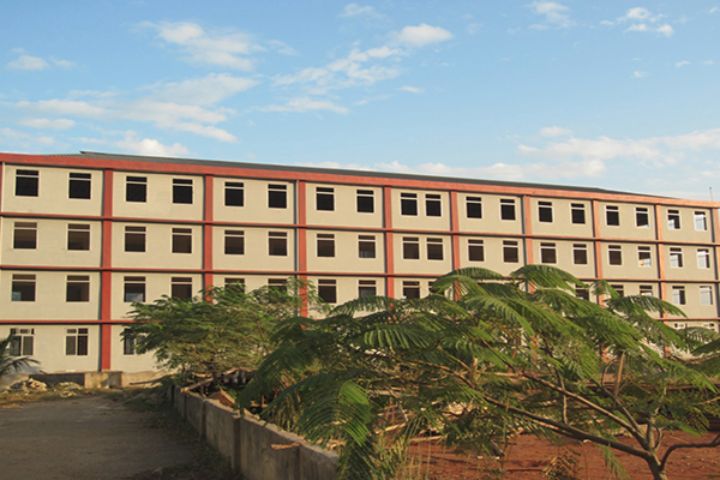
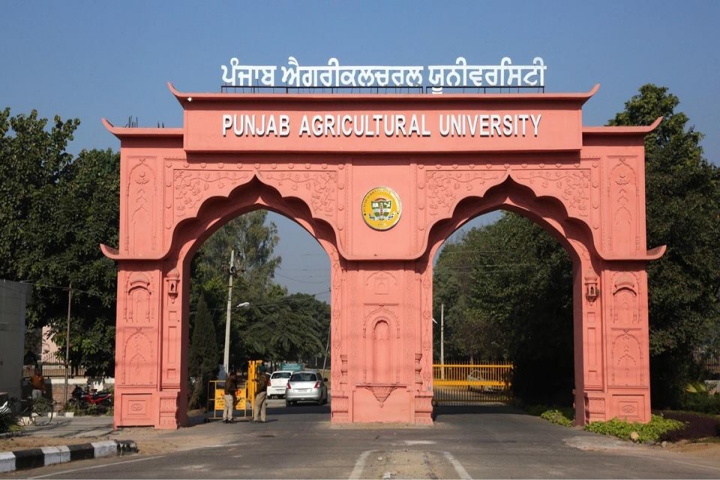
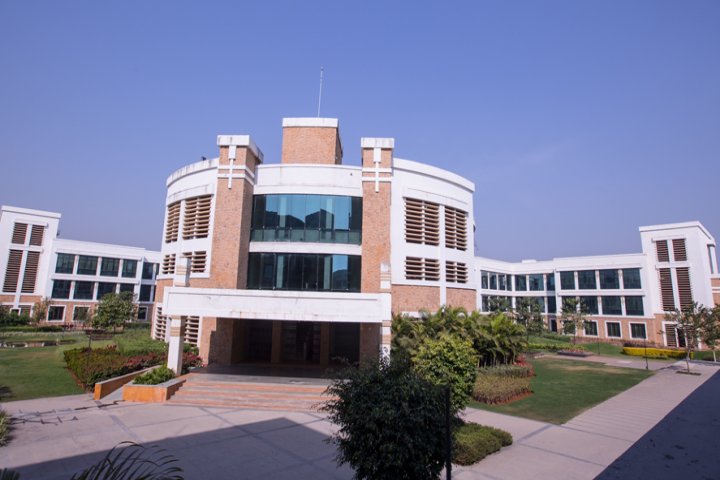
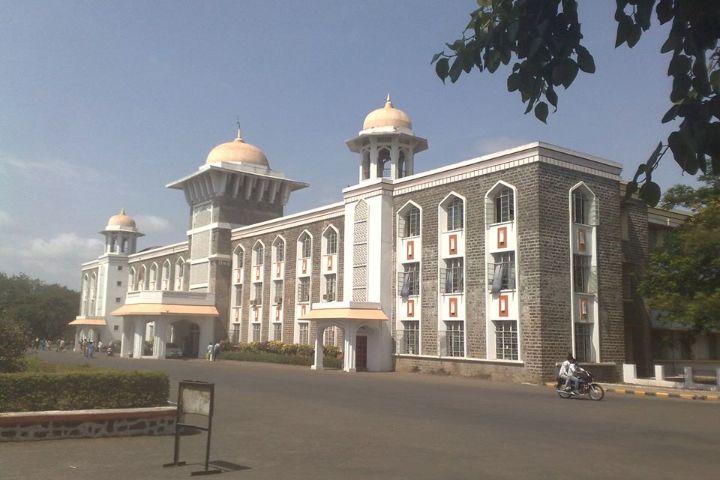
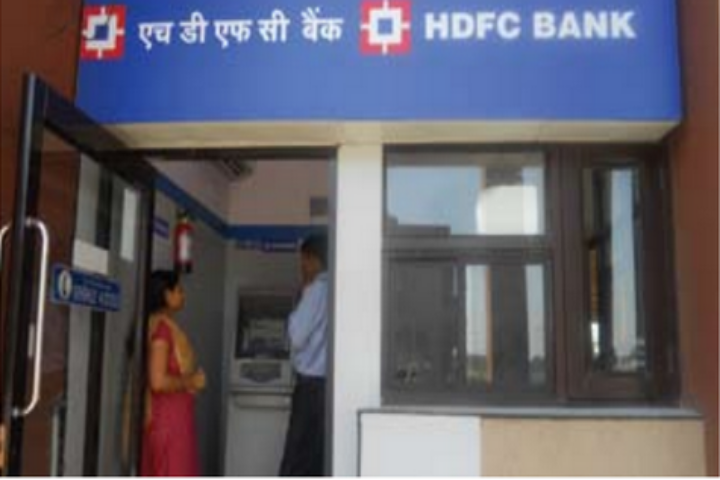
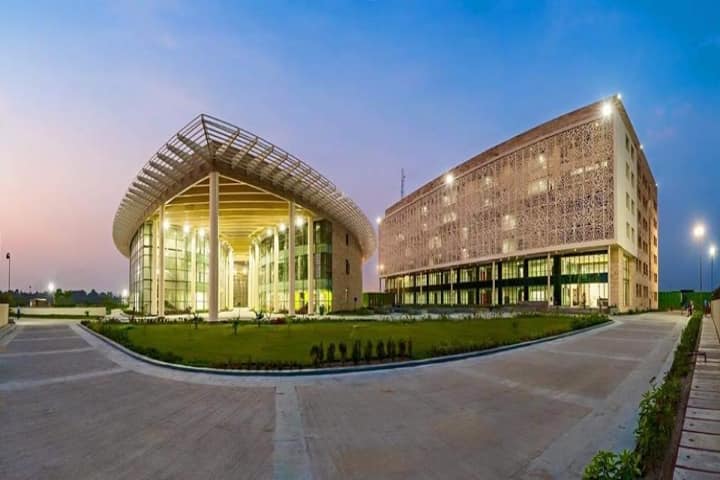

 Answer later
Answer later



